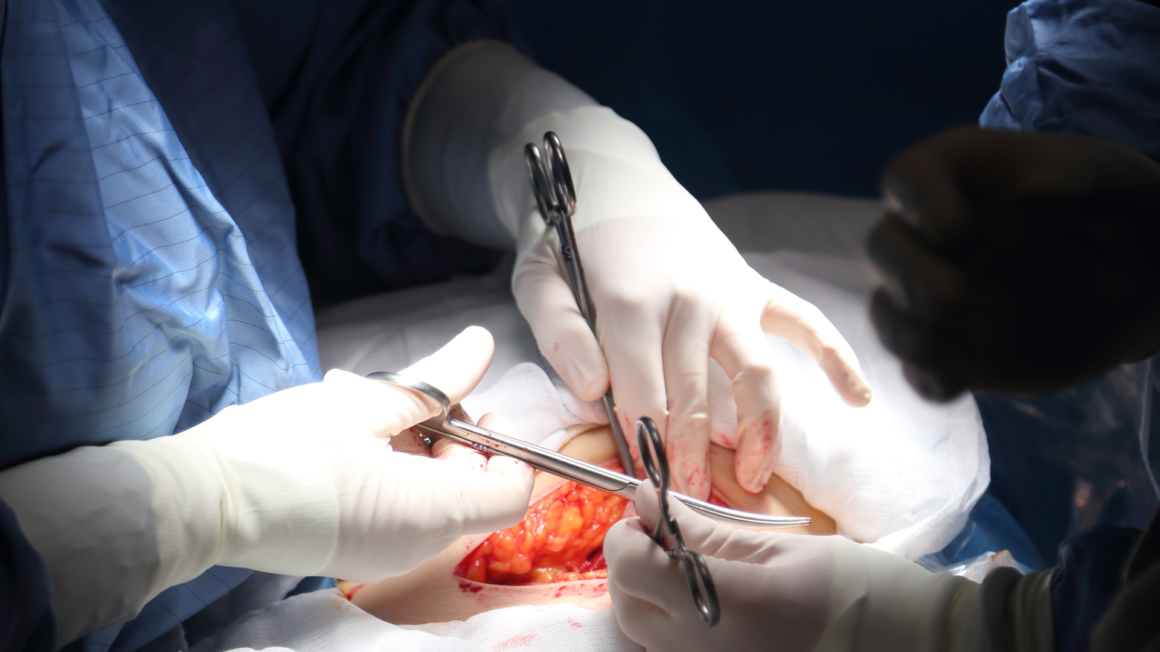Hepato-Pancreato-Biliary (HPB) surgery encompasses a range of complex procedures targeting diseases of the liver, pancreas, gallbladder, and bile ducts. These organs are crucial for digestion and metabolism, and conditions affecting them can be life-threatening, requiring specialized surgical interventions.
Liver Surgery
Liver surgery can be performed for various conditions, including liver cancer (hepatocellular carcinoma and metastatic cancers), benign liver tumors, and cirrhosis-related complications. Techniques range from partial hepatectomy, where a portion of the liver is removed, to liver transplantation for end-stage liver disease or irresectable liver cancer.
Pancreatic Surgery
Pancreatic surgery addresses pancreatic cancer, cystic neoplasms, and chronic pancreatitis. The Whipple procedure, distal pancreatectomy, and total pancreatectomy are among the common surgeries, tailored to the location and extent of the disease. Minimally invasive approaches, when applicable, offer the benefits of reduced recovery times and less postoperative discomfort.
Biliary Surgery
Surgery on the bile ducts is often required for cholangiocarcinoma (bile duct cancer), gallstones causing cholangitis, or strictures. Procedures include bile duct resection, gallbladder removal (cholecystectomy), and complex reconstructions to ensure bile flow from the liver to the intestine.
Gallbladder Surgery
Cholecystectomy, the surgical removal of the gallbladder, is a common HPB surgery, typically performed laparoscopically for gallstones or gallbladder cancer. This procedure is widely practiced due to its high success rate and relatively straightforward recovery.
Multidisciplinary Approach
HPB surgery demands a multidisciplinary approach, involving hepatologists, gastroenterologists, oncologists, radiologists, and specialized surgeons. This collaboration ensures comprehensive care, from accurate diagnosis to personalized treatment plans and follow-up care, enhancing patient outcomes.
Conclusion
HPB surgery is pivotal in treating complex conditions affecting the liver, pancreas, and biliary system. With advancements in surgical techniques and perioperative care, patients can now achieve better outcomes and quality of life. The selection of surgical intervention is meticulously tailored to each patient, factoring in the nature of the disease, overall health, and the potential impact on life post-surgery. HPB surgeons play a critical role in managing these challenging conditions, combining technical expertise with a deep understanding of the diseases they treat.

